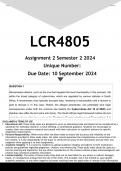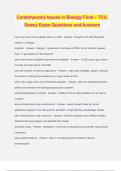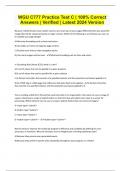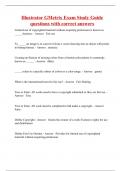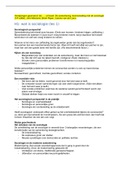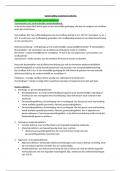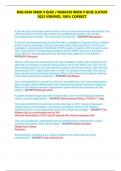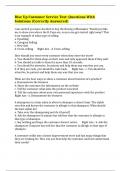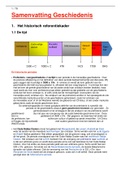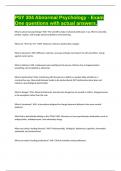Exam (elaborations)
LCR4805 Assignment 2 (ANSWERS) Semester 2 2024 - DISTINCTION GUARANTEED
- Institution
- University Of South Africa (Unisa)
Well-structured LCR4805 Assignment 2 (ANSWERS) Semester 2 2024 - DISTINCTION GUARANTEED. (DETAILED ANSWERS - DISTINCTION GUARANTEED!).. QUESTION 1 A local municipality has been hit by a ransomware attack. The municipality releases the following statement: "City power has been hit by a ransomware vi...
[Show more]
